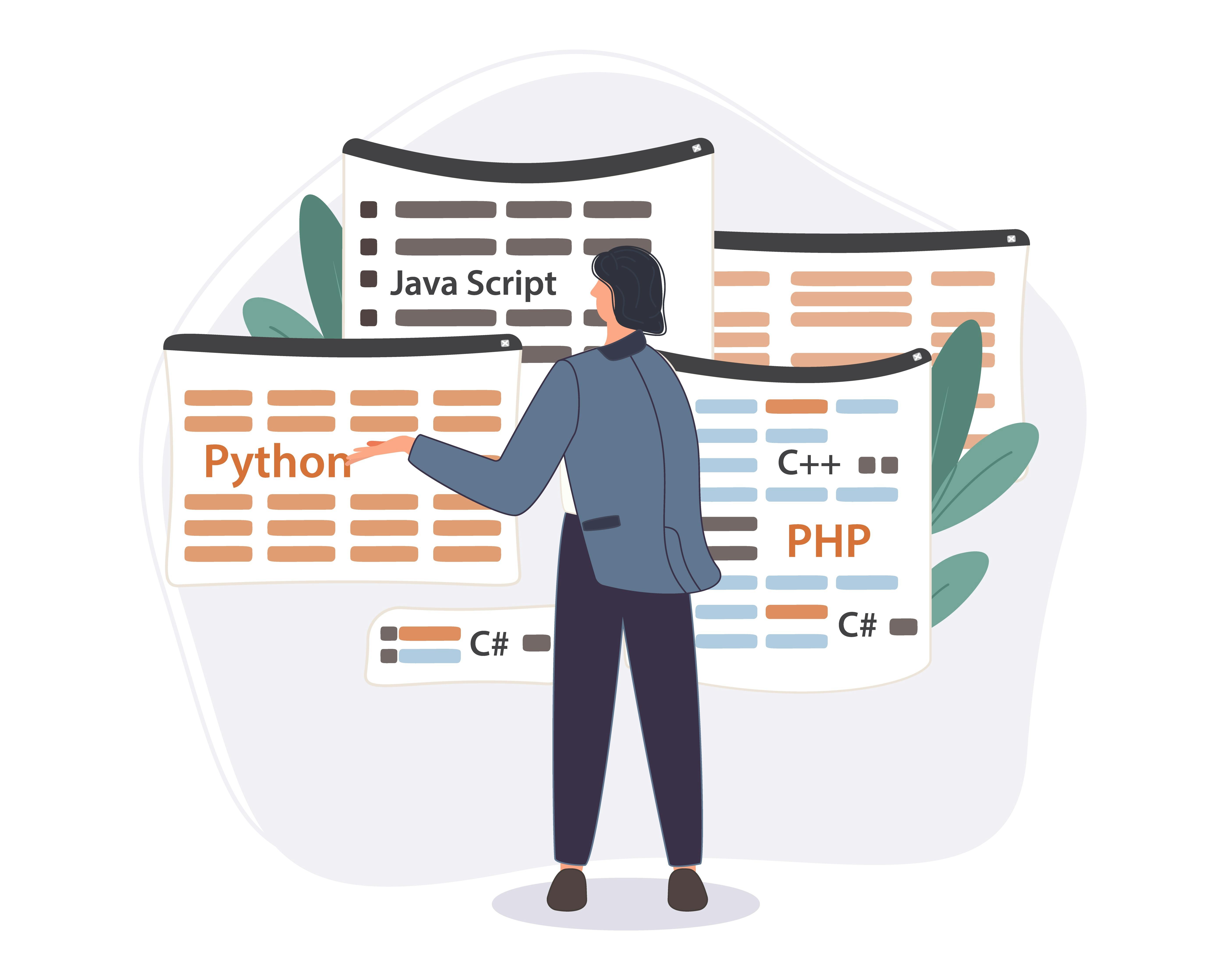Mastering Java's Dynamic Landscape: Concepts of Java Static Class, Online Code Execution
Java, a versatile and powerful programming language, continues to be a cornerstone in the world of software development. Understanding its intricacies, including the concept of a static class, the ability to run Java code online, and enrolling in comprehensive Java course, is crucial for both beginners and seasoned developers.
I. Exploring the Java Static Class Concept:
Definition: A Java static class is one that belongs to the class rather than an instance of the class. It plays a pivotal role in Java programming, offering unique characteristics and applications.
Key Attributes:
Static Members: Methods, variables, and nested classes within a static class are static.
Accessing Without Instantiation: Unlike non-static classes, a static class allows access to its members without creating an instance.
No Non-Static Members: A static class cannot contain non-static members, limiting its scope but enhancing predictability.
Use Cases:
Utility Classes: Static classes are ideal for utility functions that don't require instantiation.
Helper Classes: When a set of methods is closely related, a static class provides a clean structure.
II. Online Execution of Java Code:
Evolution of Online Compilers: The ability to run Java code online has transformed the learning and development landscape. Online compilers offer a platform to experiment, test, and share code snippets effortlessly.
Advantages:
Accessibility: Run Java code from any device with internet access, eliminating the need for a local development environment.
Collaboration: Online platforms facilitate collaborative coding and debugging.
Learning Resources: Integrated learning environments often accompany online compilers, enhancing the educational experience.
Popular Online Java Compilers:
JDoodle: A versatile platform supporting multiple languages, JDoodle offers a seamless online Java coding experience.
Repl.it: Known for its simplicity and collaborative features, Repl.it supports various languages, including Java.
Ideone: With a user-friendly interface, Ideone enables users to execute Java code and share it with others.
III. Navigating Comprehensive Java Courses:
Importance of Structured Learning: Enrolling in a Java course is a strategic step for both beginners aiming to grasp the fundamentals and experienced developers seeking to stay updated with the latest advancements.
Components of a Comprehensive Java Course:
Core Concepts: A robust course covers Java basics, including variables, data types, and control flow structures.
Object-Oriented Programming (OOP): In-depth coverage of OOP principles, encapsulation, inheritance, and polymorphism.
Exception Handling: Understanding and implementing error-handling mechanisms is crucial for writing robust Java code.
Multithreading: Mastery of concurrent programming for efficient resource utilization.
Frameworks and Libraries: Exposure to popular Java frameworks like Spring and Hibernate enhances practical skills.
Choosing the Right Java Course:
Accreditation: Opt for courses from reputable institutions or platforms recognized for their educational quality.
Curriculum Depth: A comprehensive curriculum that covers both foundational and advanced concepts ensures a well-rounded learning experience.
Practical Projects: Courses that incorporate real-world projects offer hands-on experience, translating theory into practical skills.
IV. Conclusion:
In conclusion, mastering Java involves delving into the nuances of static classes, harnessing the power of online code execution, and undertaking comprehensive Java course that cover the breadth and depth of Java programming. Whether you're a novice eager to embark on your Java journey or an experienced developer looking to refine your skills, a solid understanding of static classes, online execution environments, and a well-structured Java course can propel your expertise to new heights. Embrace the dynamic world of Java, where innovation meets timeless programming principles.

